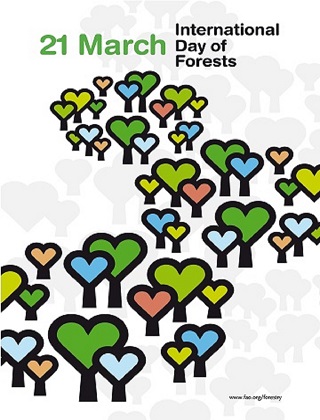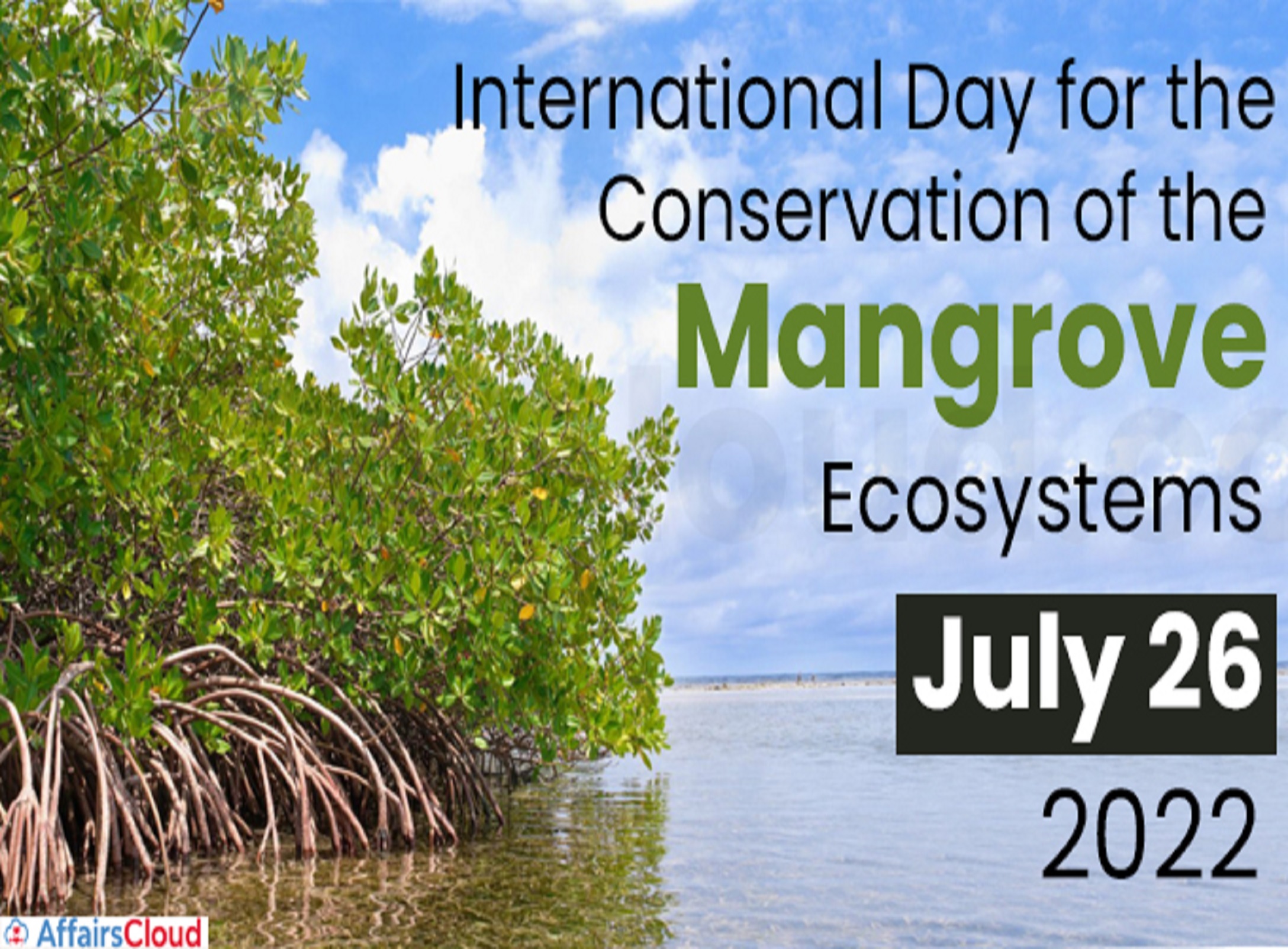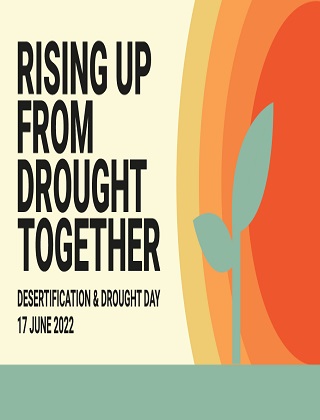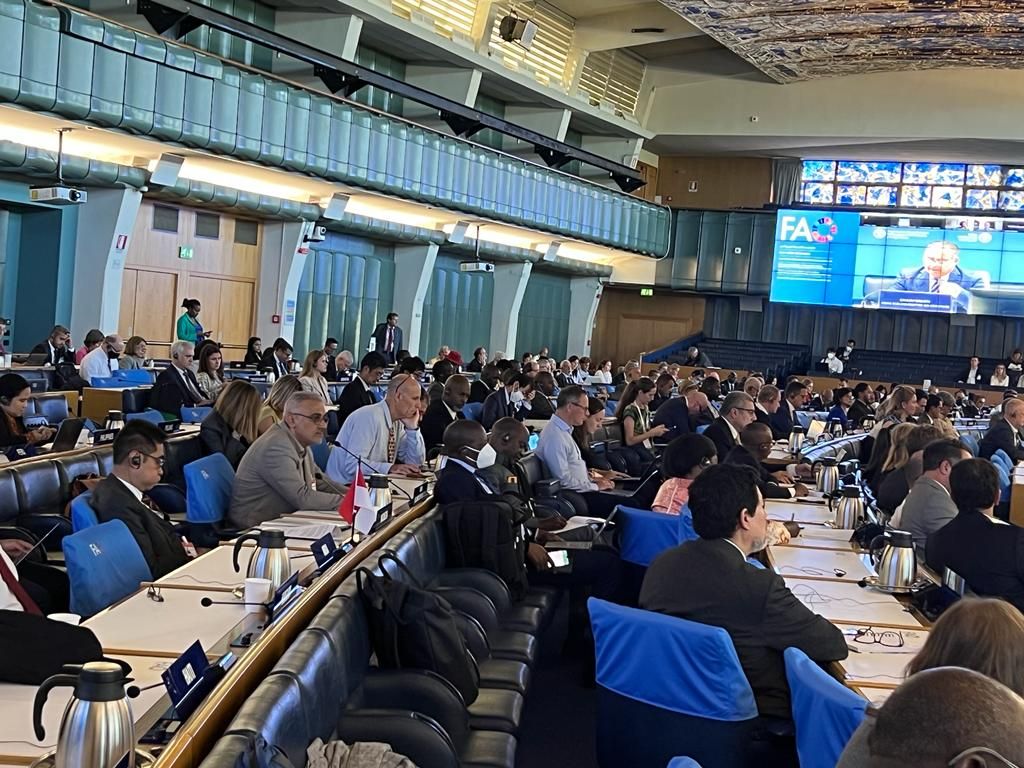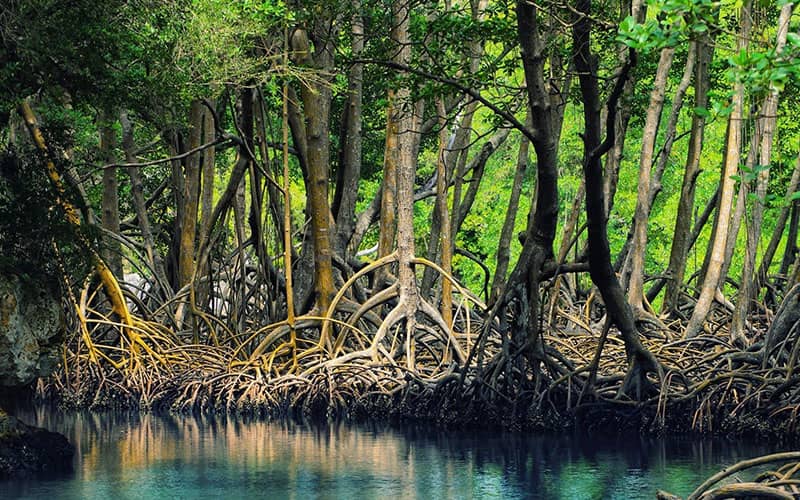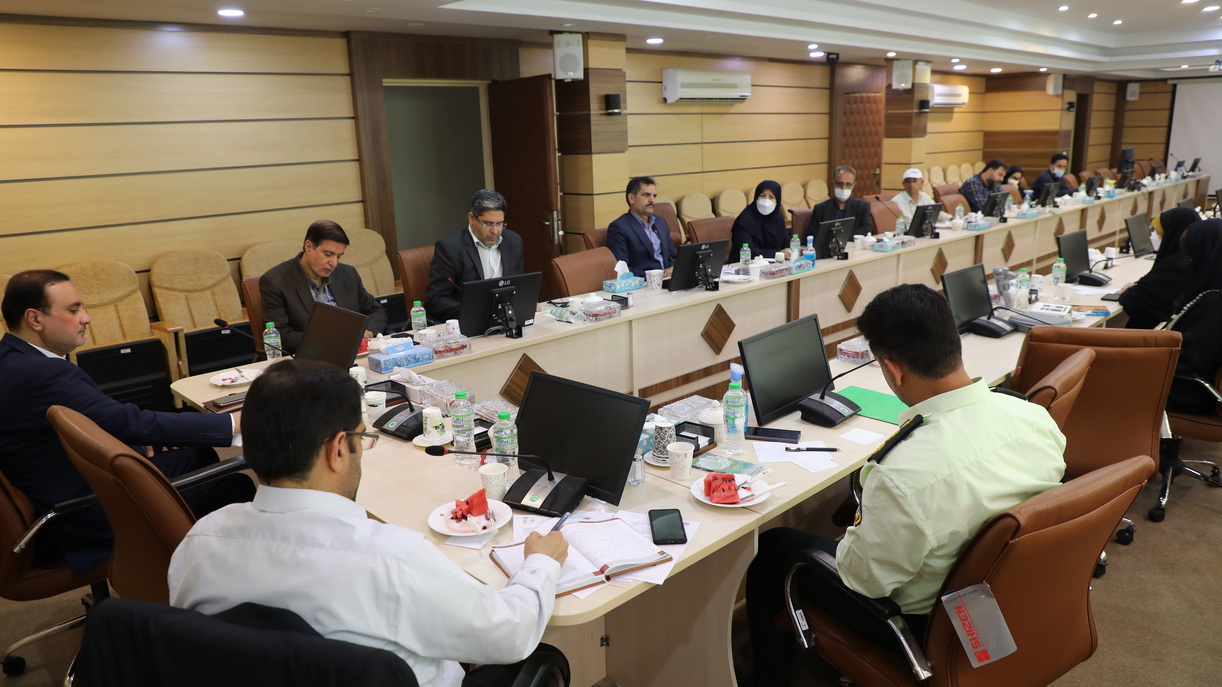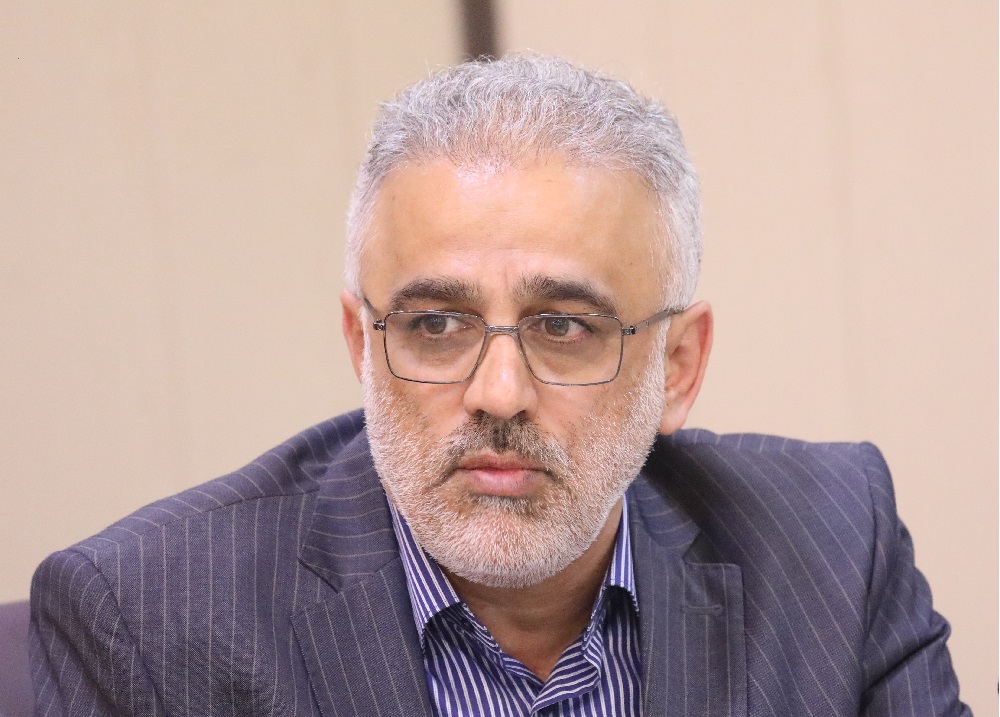Steering Committee meeting for Carbon Sequestration Project held
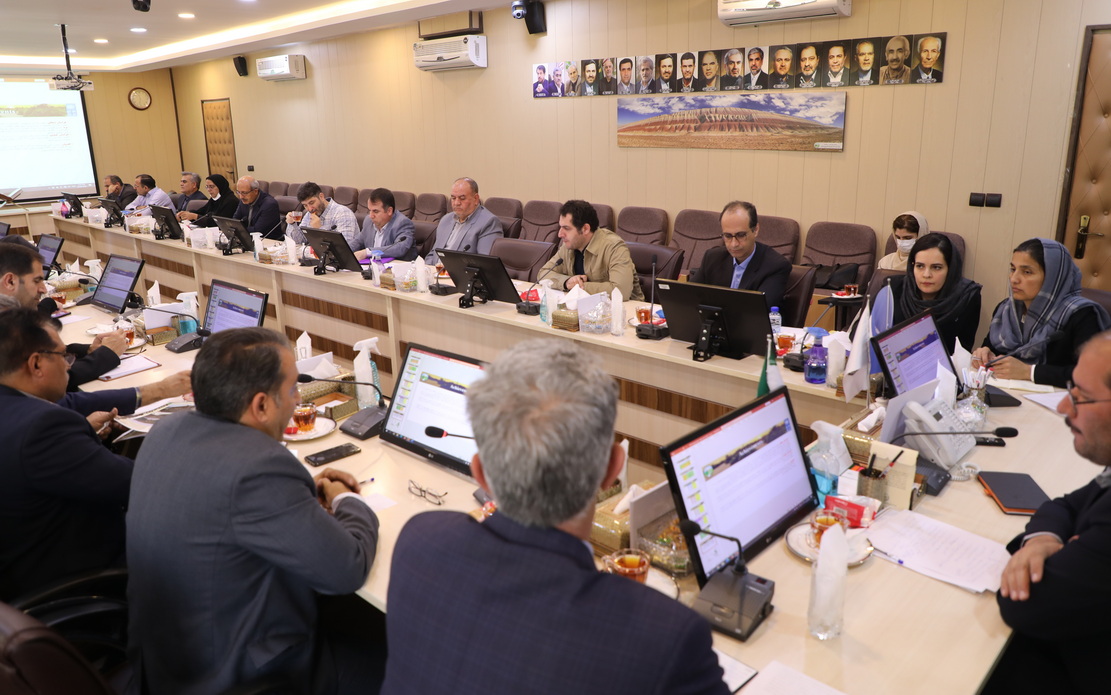
Last steering committee for third phase of CSP organized
Steering committee of the of the third phase of the carbon sequestration project was held on Monday October 10, 2022 with the presence of the Deputy Resident Representative of the United Nations Development Program (UNDP) in Tehran, the NRWO's Deputy Head of Watershed Management, Rangelands and Desert Affairs, the Director General of Desert Affairs Bureau and the General Directors of Directorates Natural Resources and Watershed management of North Khorasan, South Khorasan, Golestan and Yazd provinces.
In this meeting Ms. Gulbahar Nematova, the Deputy Resident Representative of the UNDP, expressed her thanks for the progress of the carbon sequestration project and she reiterated that this project should be extended to other provinces as well, considering its functions in the local community. The knowledge related to this project should also be spread in the target areas. She also mentioned that I am aware of the measures taken to finance this project and the UNDP will support this project.
The representative of the UNDP further thanked the efforts of Dr. Vahid Jafarian, the Director General of Desert Affairs Bureau and previous National Directors of this office and the experts involved, and added: UNDP is committed to support and mainstream the results of the carbon sequestration project.
Hassan Vahid, Deputy Head of Watershed management, Rangelands and Desert Affairs of the Natural Resources & Watershed management Organization (NRWO), said in this meeting: Several factors threaten the natural resources of the country and lead to their degradation, therefore, for successful implementation of the carbon sequestration project and other natural resource management plans in general, neglecting of people and their participation is impossible.
Vahid added that exploiters and implementers of natural resources management plans are the main axis of work in natural resources, and goals should be set in a way that both lead to the conservation and sustainable development of natural resources and lead to proper exploitation for users.
He further said: Carbon Sequestration Project created hope among local communities and improved natural, social and economic indicators, and we should work more to explain the results and impacts of this project to the local people.
He emphasized on local communities' training and empowerment as necessary and vital for implementation of this project and reminded: this project should be conducted in such a way that if the government withdraws its support, Community -Based Organizations (CBOs), NGOs, local people and Village Development Groups (VDGs) can work hand in hand to manage running businesses and micro funds.
In the continuation of this meeting, the Deputy of Watershed management, Rangelands and Desert affairs highlighted some points about article 29 of the country's permanent decrees law which facilitates signing contracts with cooperatives and organizations and users and implementers of natural resources projects.
Dr. Vahid Jafarian, Director General of Desert Affairs Bureau, said: Development of the necessary model and creation of a supportive structure for this project, should be considered.
Jafarian added that documenting project's lessons learned from is quite necessary and said that the third phase of this project can be generalized in the country and its social and economic impacts can create a safe environment for local communities' resilience.
He further added that a correct understanding of local communities' needs is very crucial, and private sector investment and sustainable land management and implementing green economy models to increase project resilience is always emphasized by us.
According to this report, the third phase of the carbon sequestration project is being carried out as one of the international projects since 2017 by provincial Dirctorates of Natural Resources and Watershed management, namely: North Khorasan, South Khorasan, Golestan and Yazd. Since the goals of this project include: Rehabilitation of desert areas, improvement of human development indicators, occupation and achieving sustainable development, we aim to generalize this project to other provinces of the country.
![]() Send to a Friend
Send to a Friend


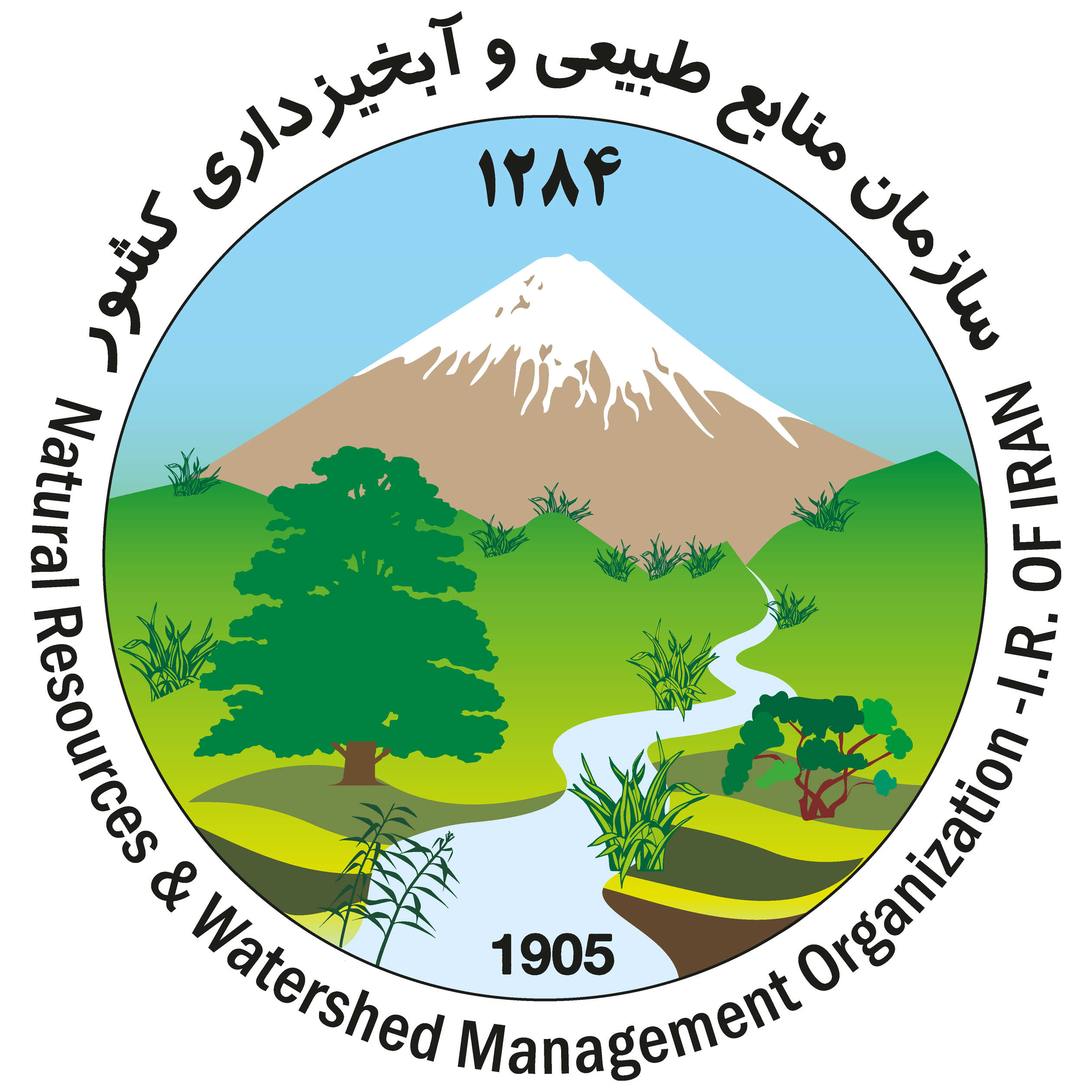
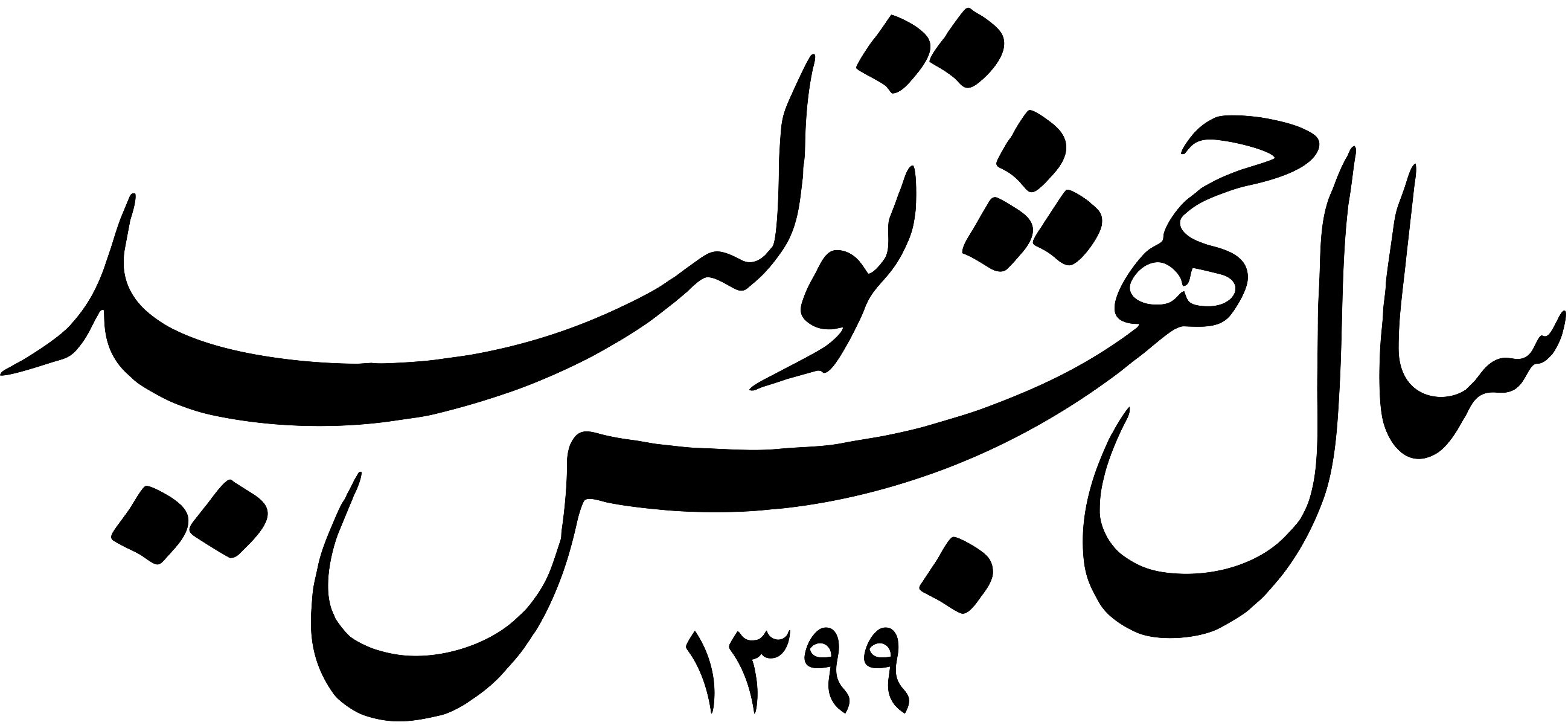
.png)

